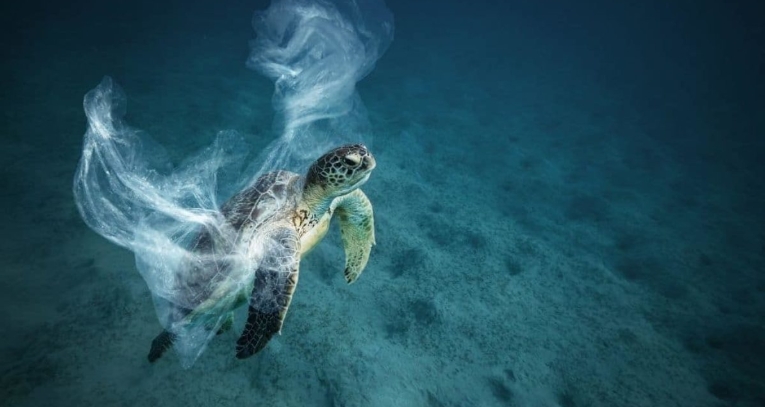Understanding the Impact of Polluted Oceans
Polluted oceans are a crucial issue that affects not just marine life but also human health and the economy. As we continue to rely on our oceans for food, recreation, and climate regulation, it becomes increasingly important to address the various pollutants that threaten their health. This article explores the sources of ocean pollution, its consequences, and ways we can help combat this growing crisis.
Sources of Ocean Pollution
Ocean pollution originates from a variety of sources, including plastic waste, industrial runoff, and agricultural chemicals. Millions of tons of plastic enter the ocean every year, breaking down into microplastics that harm marine life and ecosystems. Additionally, fertilizers and pesticides used in agriculture can wash into rivers, ultimately reaching the ocean and contributing to nutrient pollution that leads to harmful algal blooms. Understanding these sources helps us pinpoint where to concentrate our efforts in combating ocean pollution.
Consequences for Marine Life
The effects of pollution on marine life are alarming and far-reaching. Fish, seabirds, and marine mammals often mistake plastic for food, leading to ingestion that can result in starvation or internal injuries. Additionally, chemical pollutants can accumulate in the tissues of marine organisms, disrupting their reproductive systems and leading to species decline. Coral reefs, which are essential to marine biodiversity, are especially vulnerable as they suffer from bleaching due to rising ocean temperatures and nutrient overload. The degradation of these ecosystems threatens not only wildlife but also the communities that depend on them for their livelihoods.
Taking Action to Protect Our Oceans
There are numerous ways individuals and communities can contribute to ocean conservation and pollution reduction. Simple actions like minimizing plastic use, participating in beach cleanups, and advocating for policies that promote sustainable fishing and agriculture can make a significant difference. Educating ourselves and others about the impacts of pollution is crucial; awareness can lead to collective action for cleaner oceans. Furthermore, supporting organizations that focus on ocean conservation provides the resources needed to tackle this global issue.
Conclusion
The health of our oceans is a shared responsibility that requires immediate attention and action. By understanding the sources and consequences of ocean pollution, we can empower ourselves and others to take meaningful steps towards preserving marine ecosystems. Start small: reduce your plastic usage, engage your community, or support ocean-friendly initiatives. Together, we can turn the tide on ocean pollution and protect this invaluable resource for generations to come.

